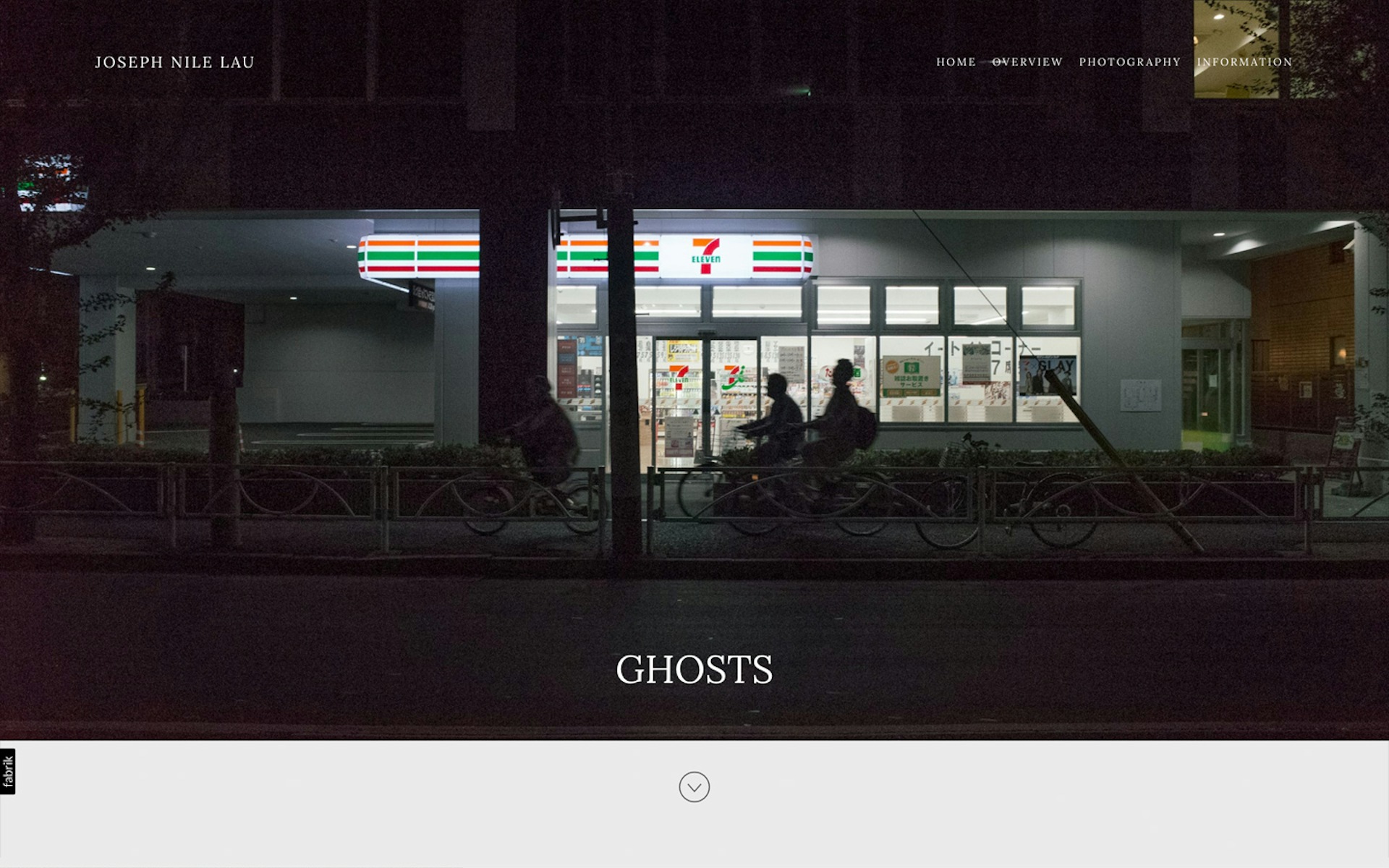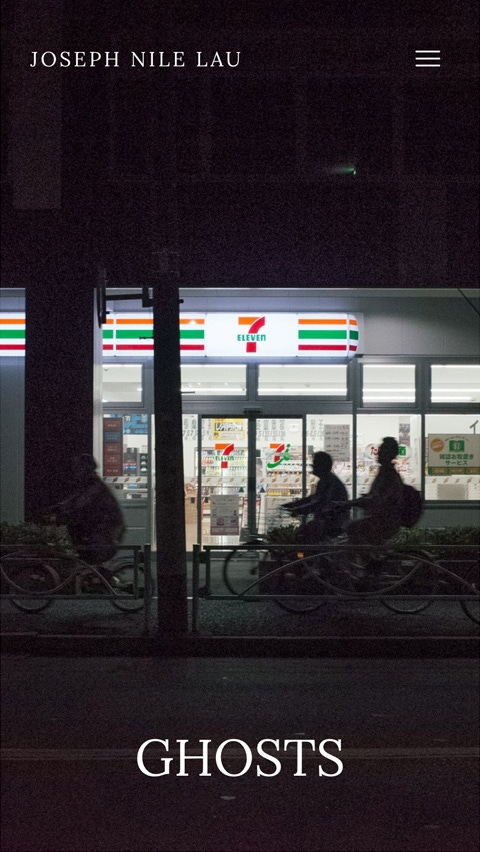Urban Wanderer
British born Joseph Nile Lau is a filmmaker and photographer. He's also the founder and creative director in the newly founded, Article Dept., a multi-faceted creative atelier. Joseph's work has graced the Bible of fashion WWD, as well as WGSN, Highsnobiety Magazine and most recently in Highsnobiety's anticipated book, 'The Incomplete Guide To Street Fashion and Culture’ by Gestalten International Publishing House.
He has also captured a growing list of some of the most sought-after brands such as, Carhartt WIP, New Balance, and Vetements to name a few. Joseph Nile infuses subtle moody nuances, using colour and light to invoke a heighten sense of raw emotional attachment and story into his distinct imagery that can be found across his body of work.
You’ll probably see Joseph around with a camera in its hands, capturing the urban life in all the corners of the world. From Japan to his native Britain, he’s seeking to uncover all the possible narratives behind each frame. We caught up with him inbetween destinations to discuss work, plans for the future and how he approaches street culture.
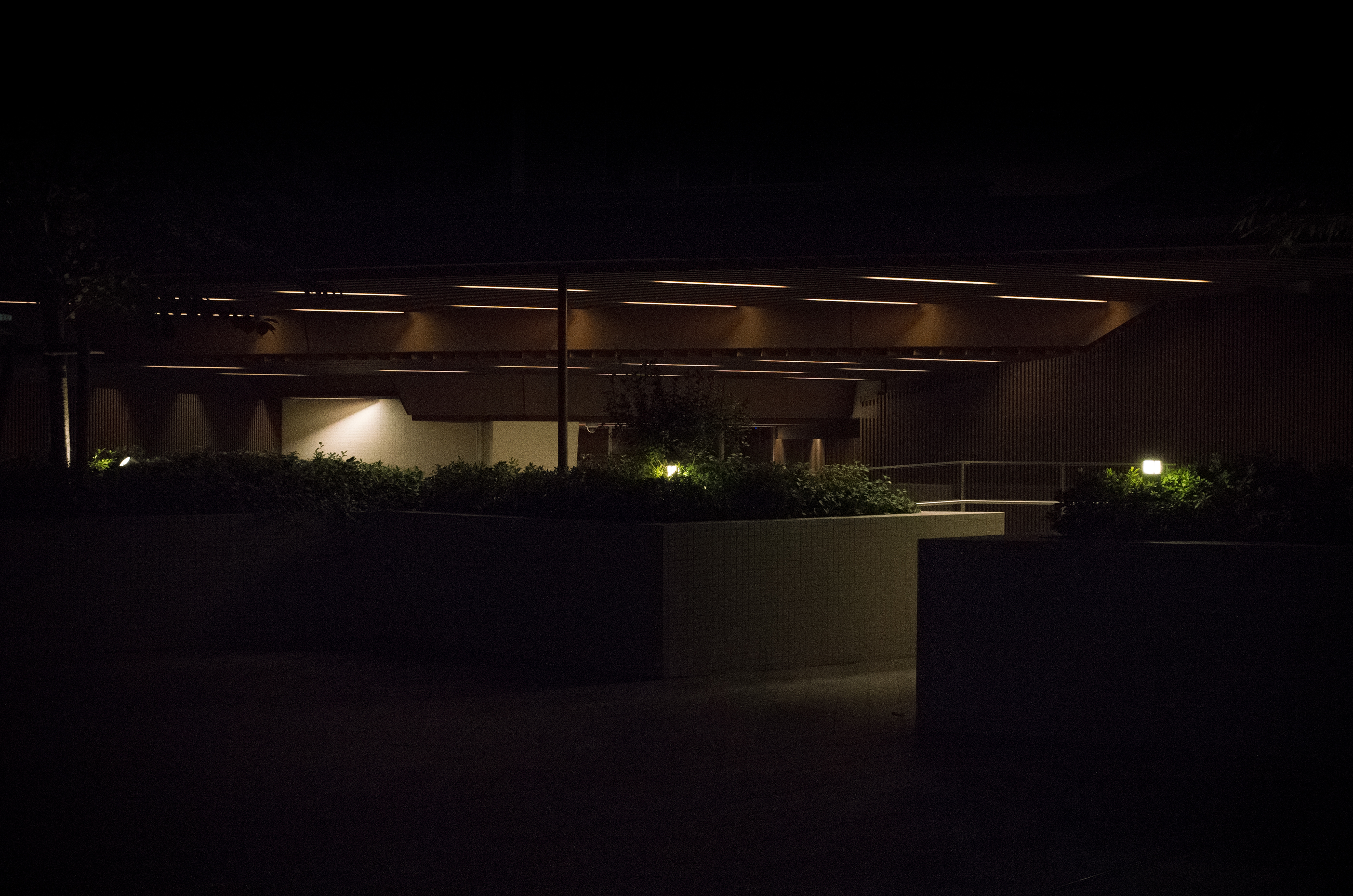
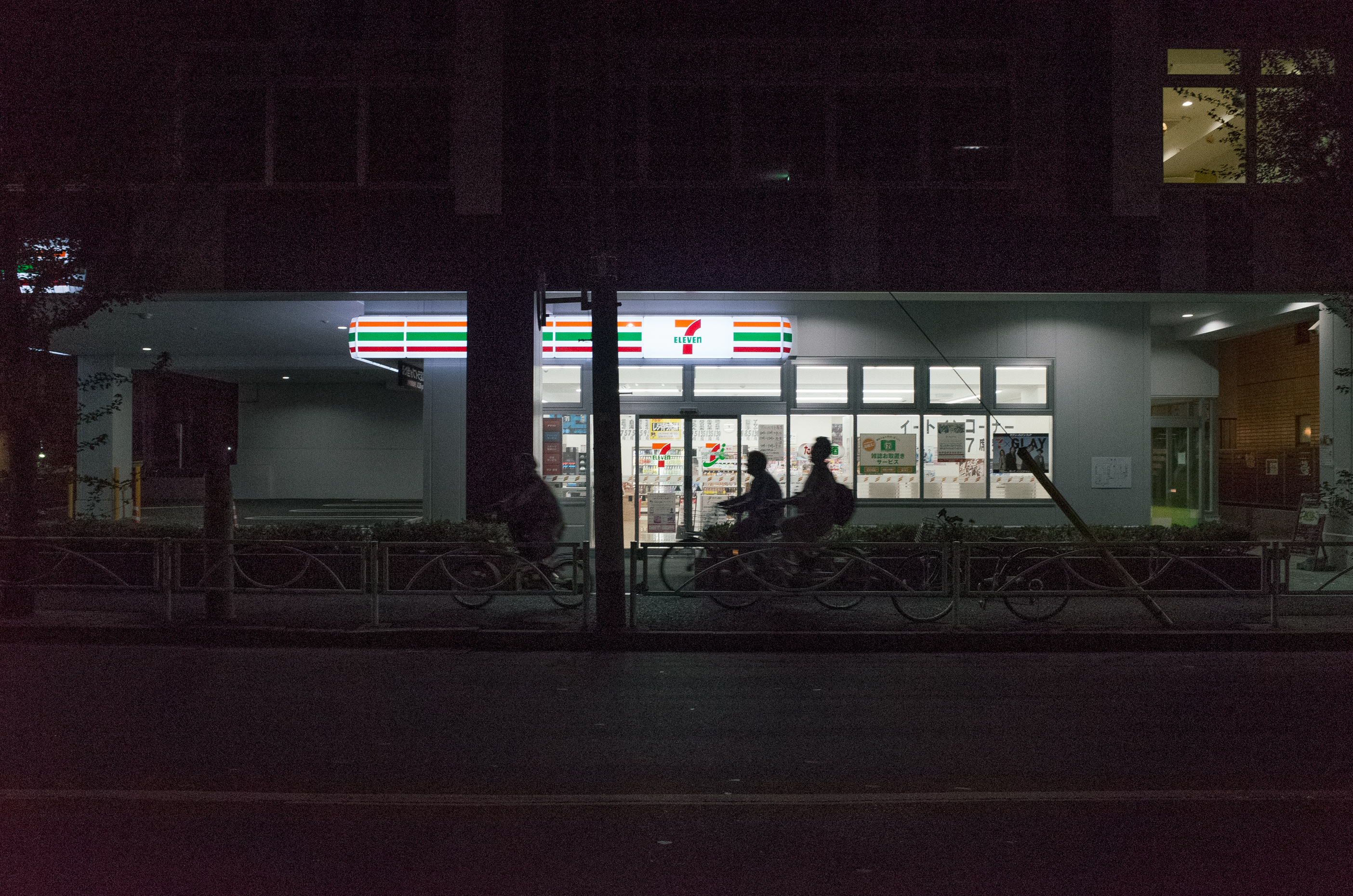
Fabrik: Your portfolio features some of the most sought after brands and clients. Do you have any favorites or milestone projects?
Joseph Nile Lau: "I'm very humbled I get to work with these brands and it's always exciting to see what they have to say with their latest pieces of work and that let's me build a narrative around it. One of my favourite shoot was with Carhartt WIP, it's a brand that I've been enamoured with for such a long time so when opportunity presented itself it was one of those moments. Another one that comes close was shooting Douglas Dare; not only was he the sweetest, his vocals was beautiful to hear live."
Fabrik: We love how you’re always on the move - being a nomad. How does this affect the creative process? Any memorable moments/anecdotes from your trips?
Joseph Nile Lau: "Being able to make work into travel and using that opportunity to capture moments in time lets me analyse what I'm trying to say, creatively. I'm a firm believer in storytelling and in taking risks when you're trying to translate your thoughts into any type of visual language. I'd like to think the audience is able to feel or take something away when they look at a piece of my work.
I was in Shanghai and Tokyo this year, it was my first time in Japan and not knowing the language in either cities often puts me in situations that start off as awkward and end up making friends for that moment, which is nice."
"Being able to make work into travel and using that opportunity to capture moments in time lets me analyse what I'm trying to say, creatively."
Fabrik: Do you have any system for your travels? Do you go where your work takes you or have a masterplan about places and countries to visit and see?
Joseph Nile Lau: "Work is one of the main factors that takes me on my travels so it works in my favour, I generally don't like to plan too much on the things I get to see, I'm not a huge fan of predetermination and anticipations. That brings me to the idea I've had for a while and that's, "how do I capture movement and life in a still image?", and then it gets into a rabbit hole and philosophical from there.
Currently I have a few vague ideas where the next countries I want to visit and work in so I'm working on that this year. And as for if I have any system for my travels, I travel as light and minimal as I can. I find it it's the best way to achieve the most out of the moment."
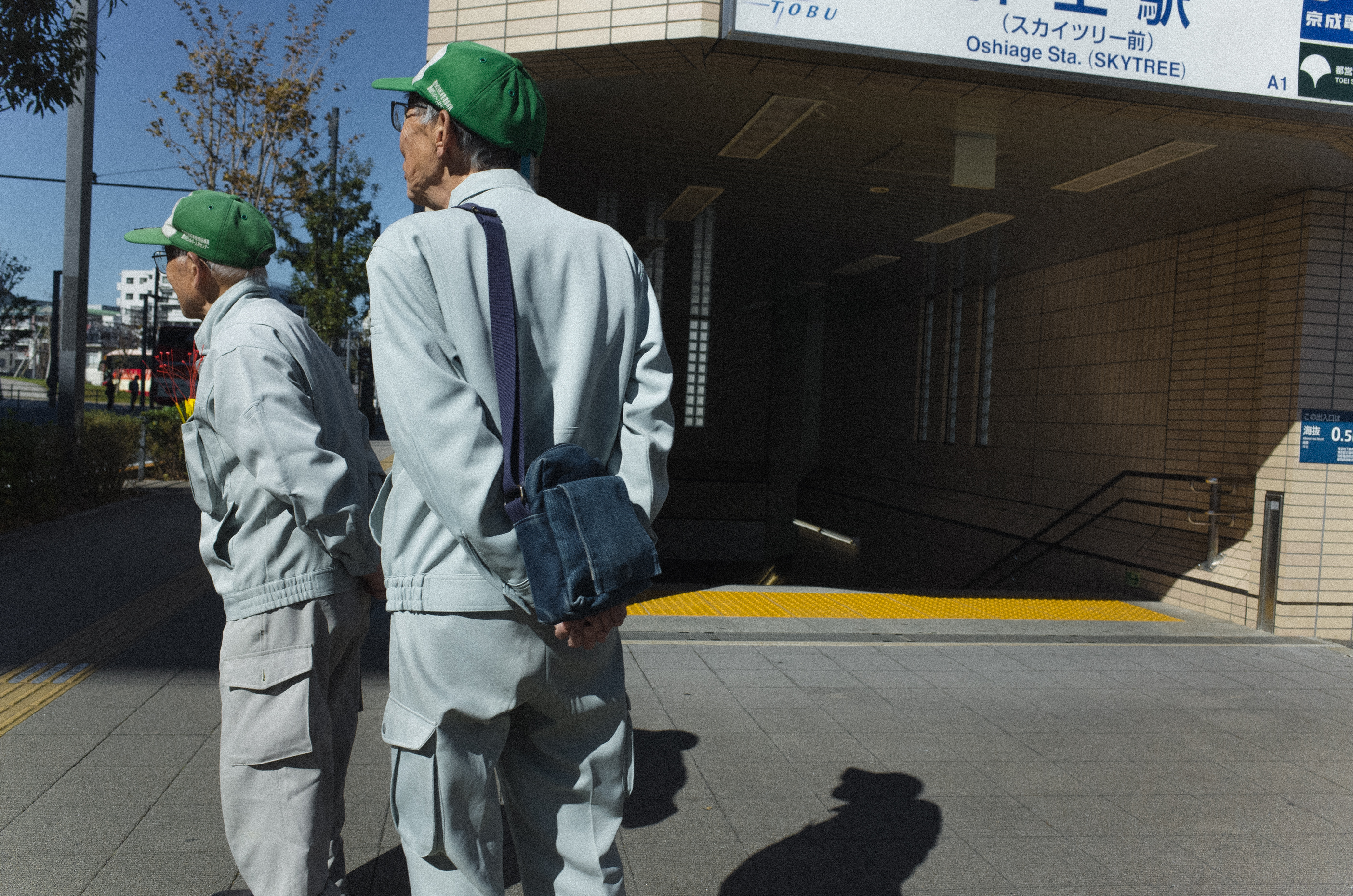
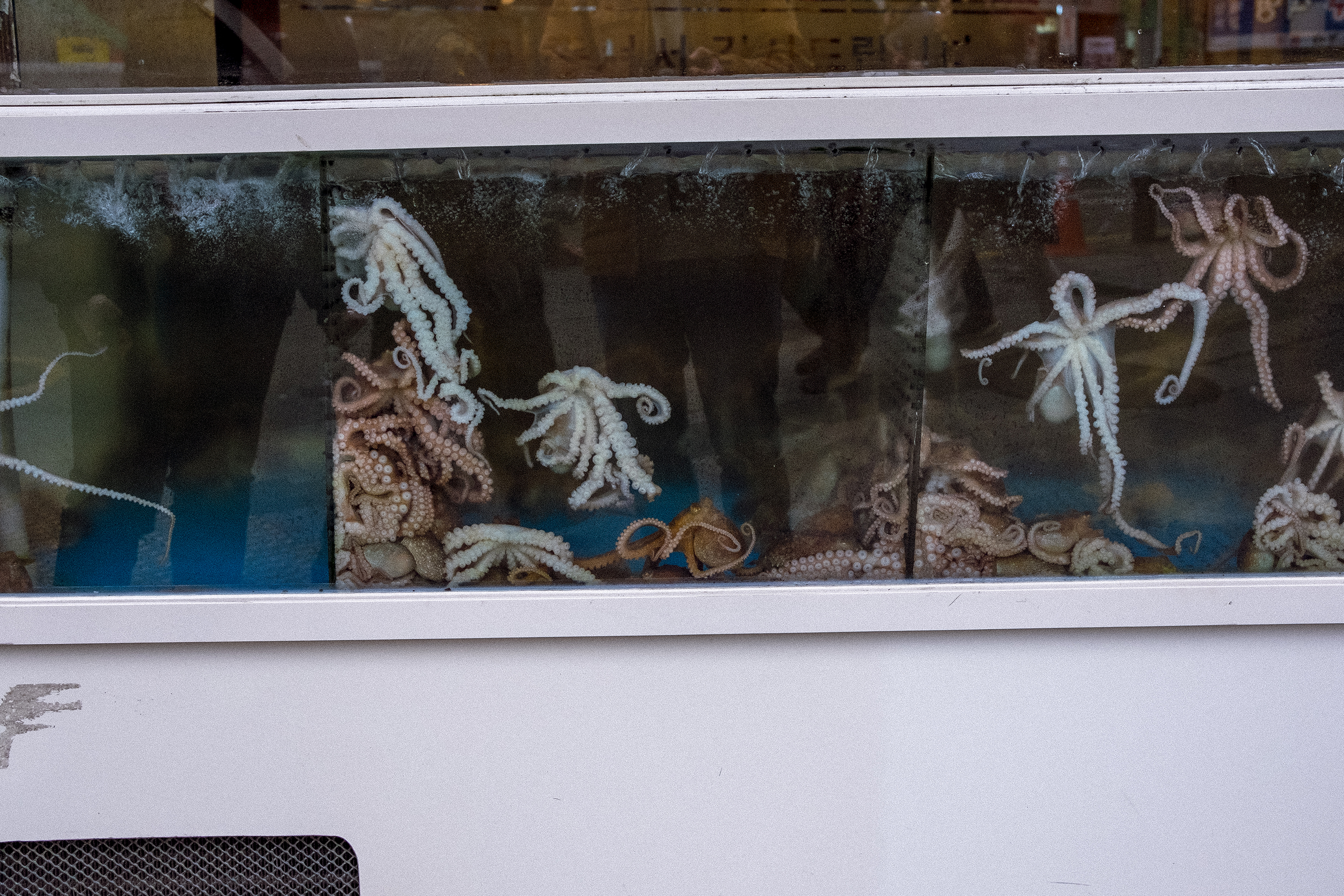
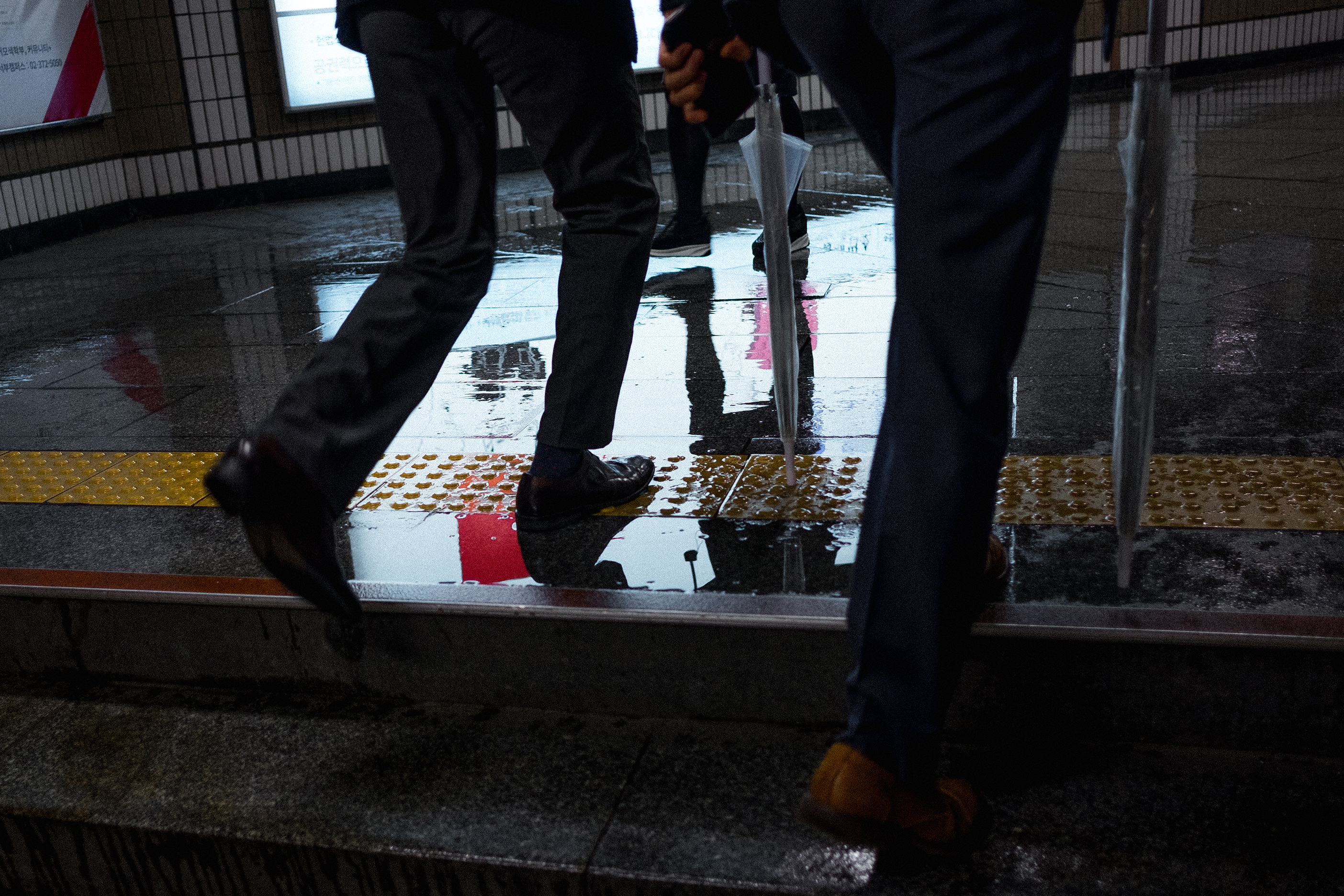
Fabrik: Highsnobiety has shaped modern street culture and has elevated street-smart ethos to sought-after status and has attributed subcultural elements to luxury brands. Would you like to share a bit more about your role in that reciprocal movement?
Joseph Nile Lau: "I've been reading Highsnobiety since Y2K and other websites such as NOTCOT. They were the sites I would frequent every day back then. Fast forward to current day, I've been shooting with Highsnobiety for a while now, and I’ve seen them grow and shape the street fashion culture exponentially.
Because I'm looking for a story or emotion, [street culture] has helped me capture something different and push the narrative to a new direction. I've always been part of this sub-culture and, personally, it helps me understand it and know where it's going to go rather than repeating what's already been done. That's the challenge. But of course there's always the shots you need to create to balance it out. It's nothing less than amazing to be part this street culture movement and to do that with my photography, it's liberating."
Fabrik: On that theme, we’ve seen that street photography occupies your personal feed. What do you seek to find in a fleeting frame such as that of street photography?
Joseph Nile Lau: "The streets is where I get to be the most curious. It may sound odd but I'm not particularly interested in capturing beautiful scenery when it presents itself. It would feel like I'm cheating as it wouldn't represent something meaningful to me. When I'm roaming in a new environment, I'm levitated towards the local areas because that's where you begin to get a sense of the life that inhabits it. When I'm new to my surroundings I find solitude in that and I apply it across my work."
"The streets is where I get to be the most curious. It may sound odd but I'm not particularly interested in capturing beautiful scenery when it presents itself."
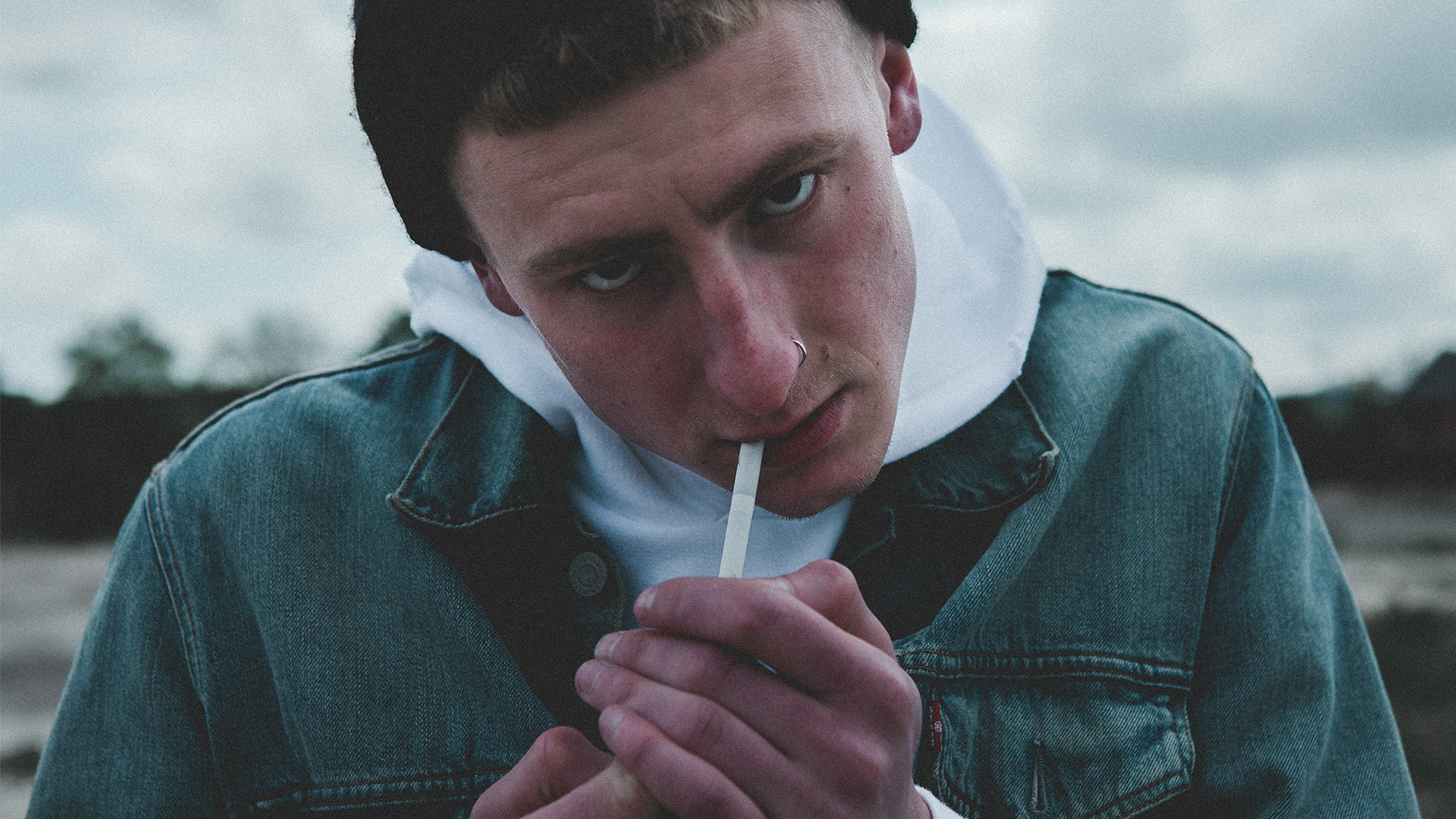
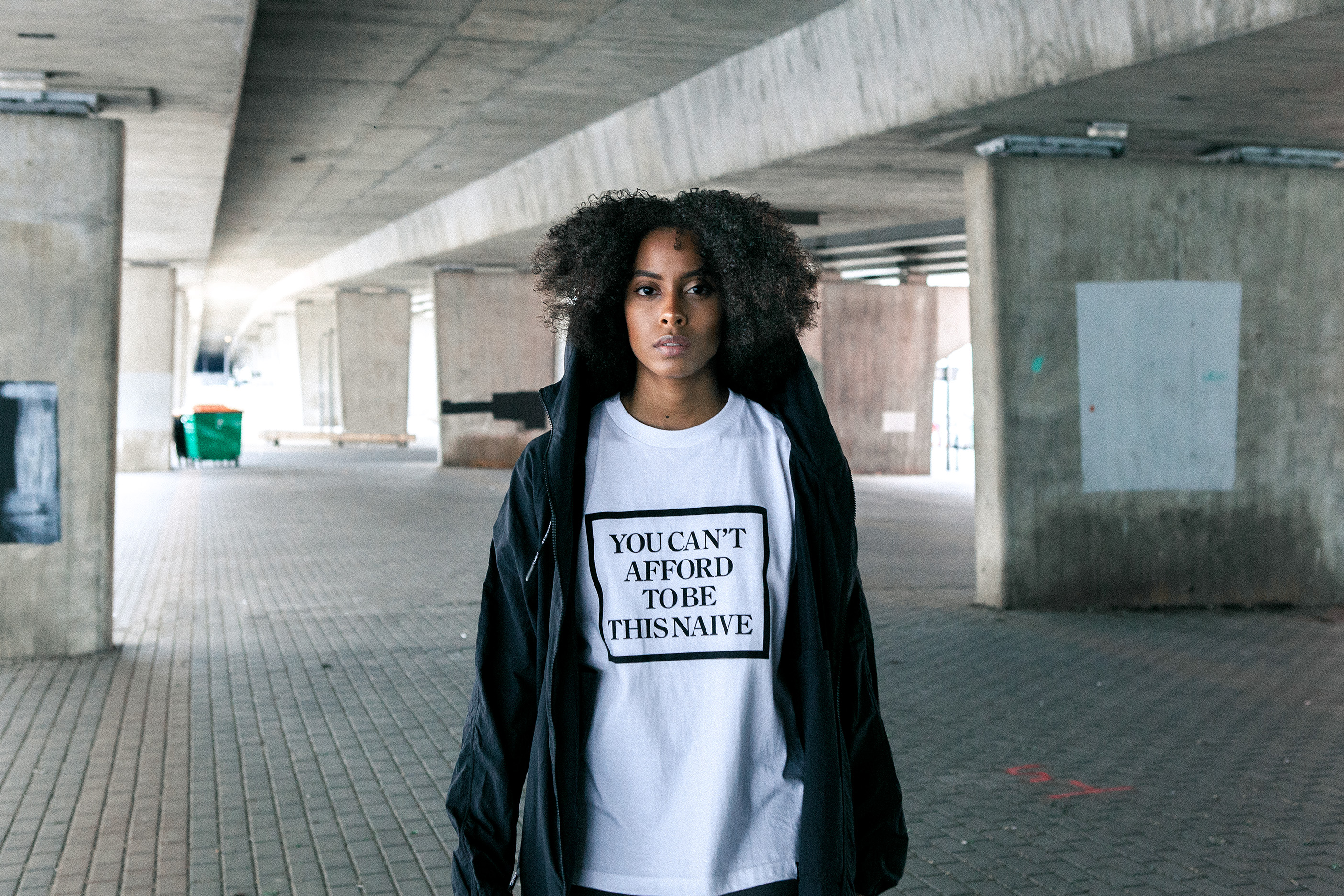
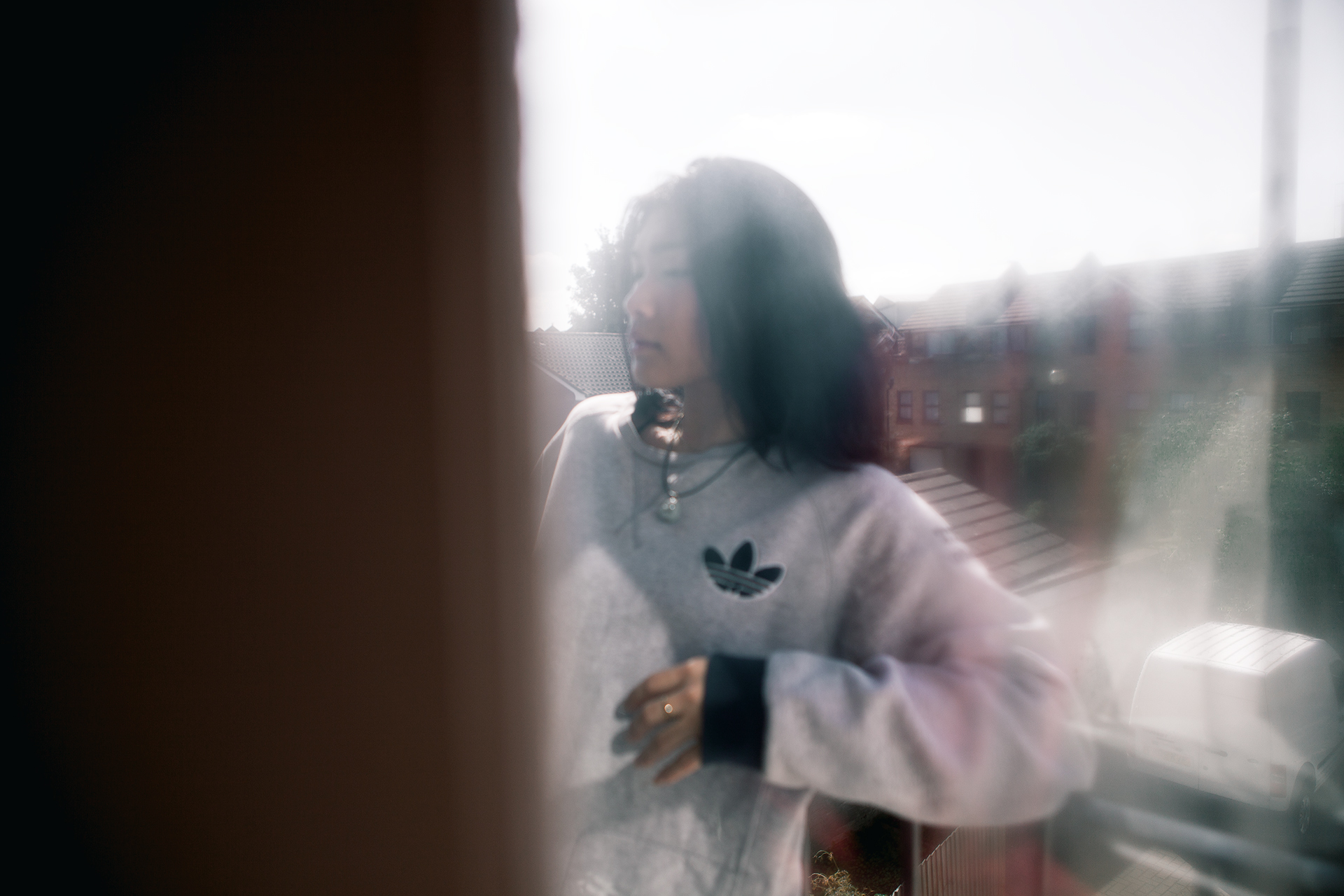
Fabrik: How do you pick the scenes? Do you go around and look for the perfect cinematic scene or try to transform them into something of cinematic quality?
Joseph Nile Lau: "That's a good question. There's a preconceived notion that I go hunting for cinematic places but I'm the polar opposite, the majority of it is they happen upon discovery and emotional tendencies. I try not to search for cinematic scenes, (you'll know when you see one) because it becomes a restriction and I don't encourage myself into that position to only search for those type of scenes, any scene can have some sort of cinematic beauty to it as long as it resonates with you and that's the important part."
Fabrik: Portraits can be particularly challenging. Could you share a bit more about the process? What do you ask your subjects? How do you bring their personality out?
Joseph Nile Lau: "When it comes to portraiture I tend to it in the same way as I shoot street and fashion photography and that's not to put too much pressure on the subjects. I like to be casual, it lets the subjects be comfortable and you can see that it comes through naturally. Of course sometimes it's harder but not impossible, and in some cases when they're famous and surrounded by an entourage. In such cases, you only have a short window of time to understand and listen to someone for them to trust you and let their guard down.
I try not to be routined and make it a Q&A session for them, I want to make real conversations or at least one where profanity will crop up in the middle of one. It just depends on who's the first one to say it and that's when you know everyone is at ease and it marks the beginning of the personality coming through. Luckily for me, I've worked and shot with some very talented and nice people and it's much thanks to them."
Fabrik: Have you ever had any difficulties pushing your creative and artistic approach to clients?
Joseph Nile Lau: "There's been times when you feel some clients are on the same page as you creatively when they're presented with ideas. Sometimes, when it comes to finding space for an artistic approach that pushes the brief slightly, they don't like it and they want exactly what you've presented with the mood board. That's highly disappointing."
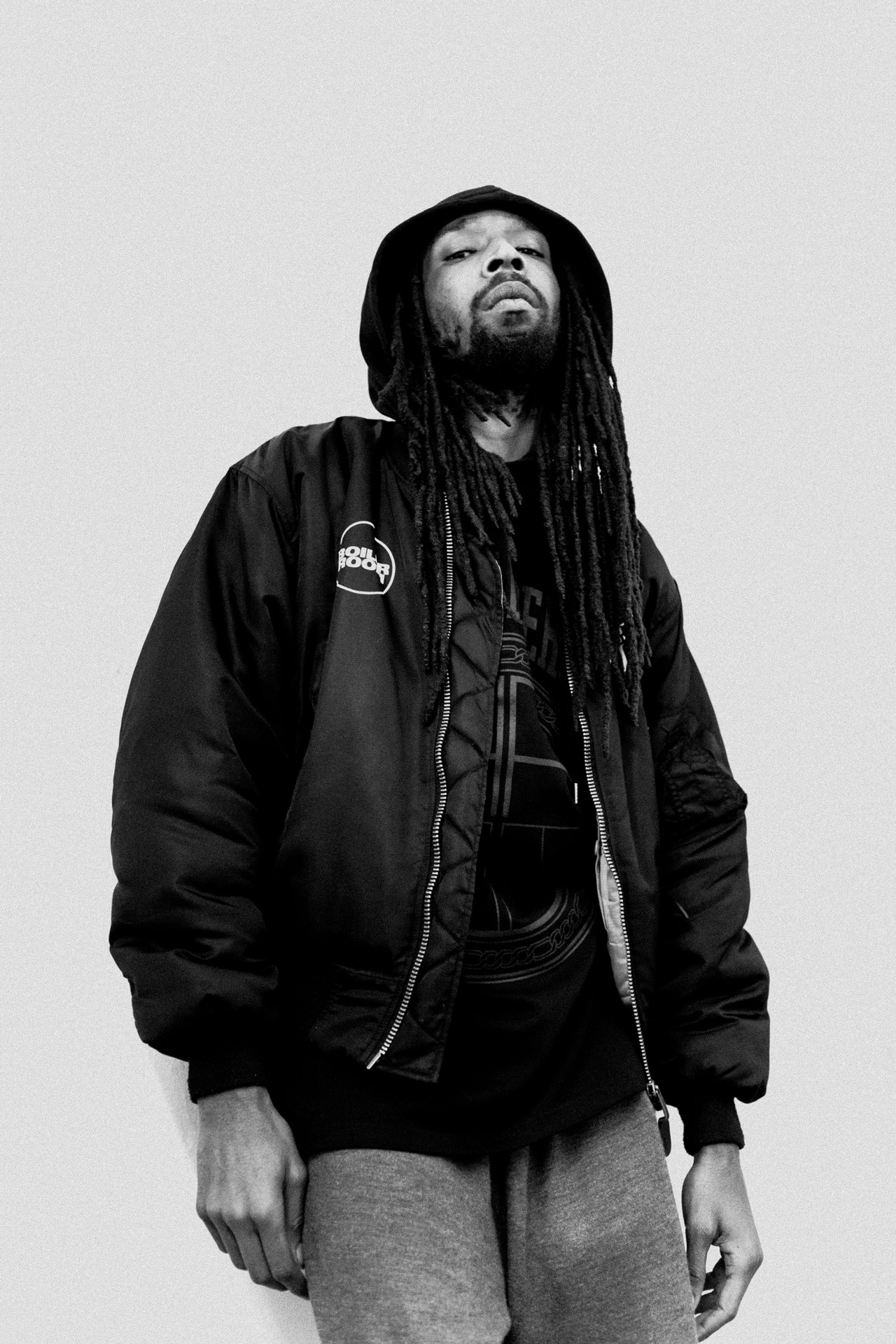
Fabrik: Is there any piece of work, be it a film, a song, a painting, that has left you with a lasting impression or any mentors you have encountered throughout the span of your career? Or any work you admire, but it’s not yours?
Joseph Nile Lau: "I can't pinpoint one influence on my career, it's been made up of bits here and there. I've always looked towards fiction books to inspire me and it helps to paint pictures in my head, piecing them together - which is what I do and practice, be it in photography or film. I admire Rob Chiu and Chris Hewitt's work which I resonate with, they always manage to create something special and it's always a treat when they put new stuff out."
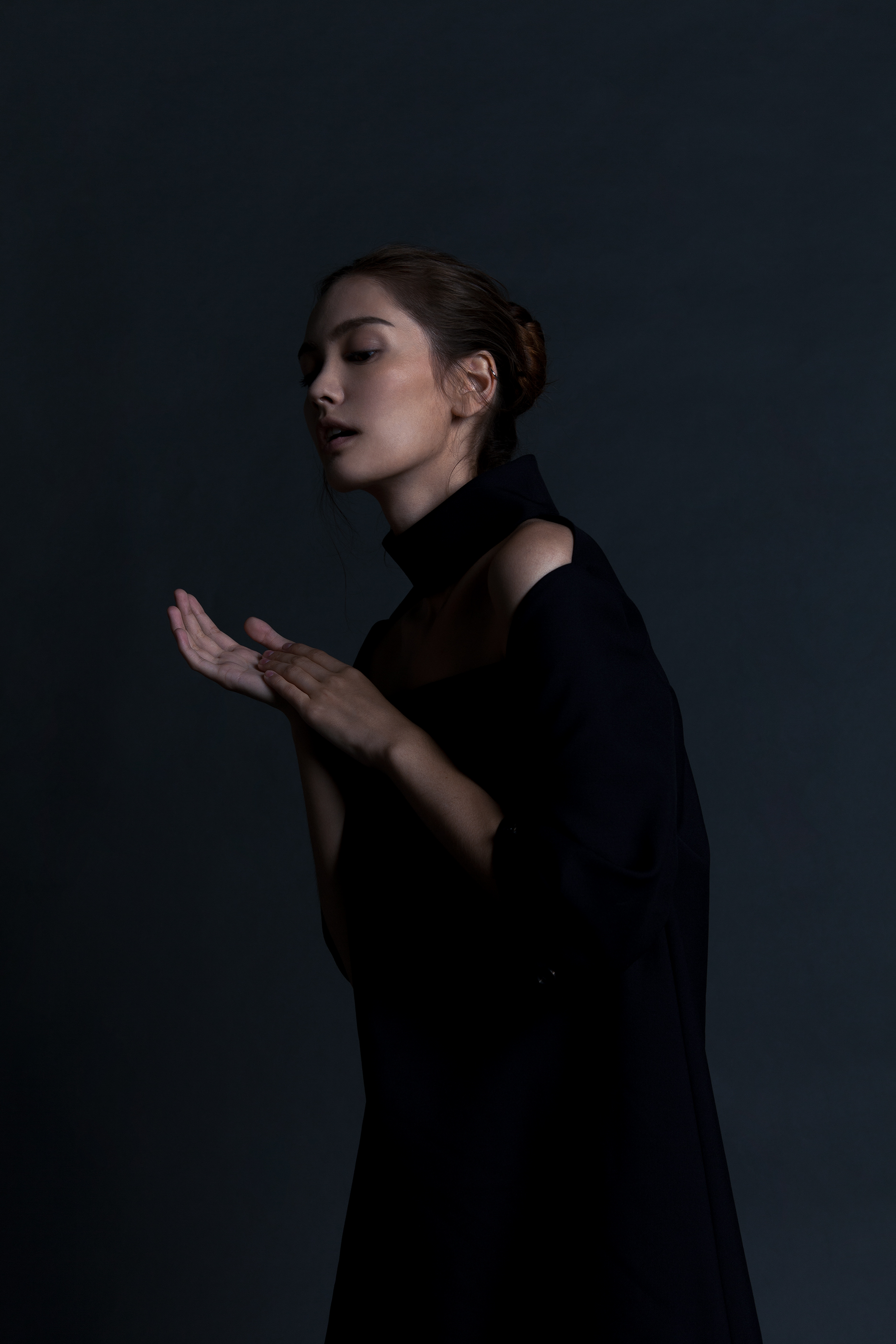
Fabrik: Can you tell us about what you’re working on right now and would like to share with the rest of us? Any related fields in the arts that you would like to explore or you are currently delving into?
Joseph Nile Lau: "I started a multi-faceted company called Article Dept. it's still its infancy, and it's an idea that I've sat on for a while that I hope to do some interesting things with it in the space of films, music and printed publication. When it eventually grows, I'd like to work and represent other creatives, so don't hesitate to get in touch."
Fabrik: Any advice you’d like to impart on your craft to art directors, designers going into the field?
Joseph Nile Lau: "Be genuine."
Fabrik: Final question: What do you like most about Fabrik? What's your favourite feature?
Joseph Nile Lau: "The service at Fabrik is probably one of the best I've encountered and the team does an incredible job with it. The ease of use, customisation, and themes are plentiful and presented beautifully."
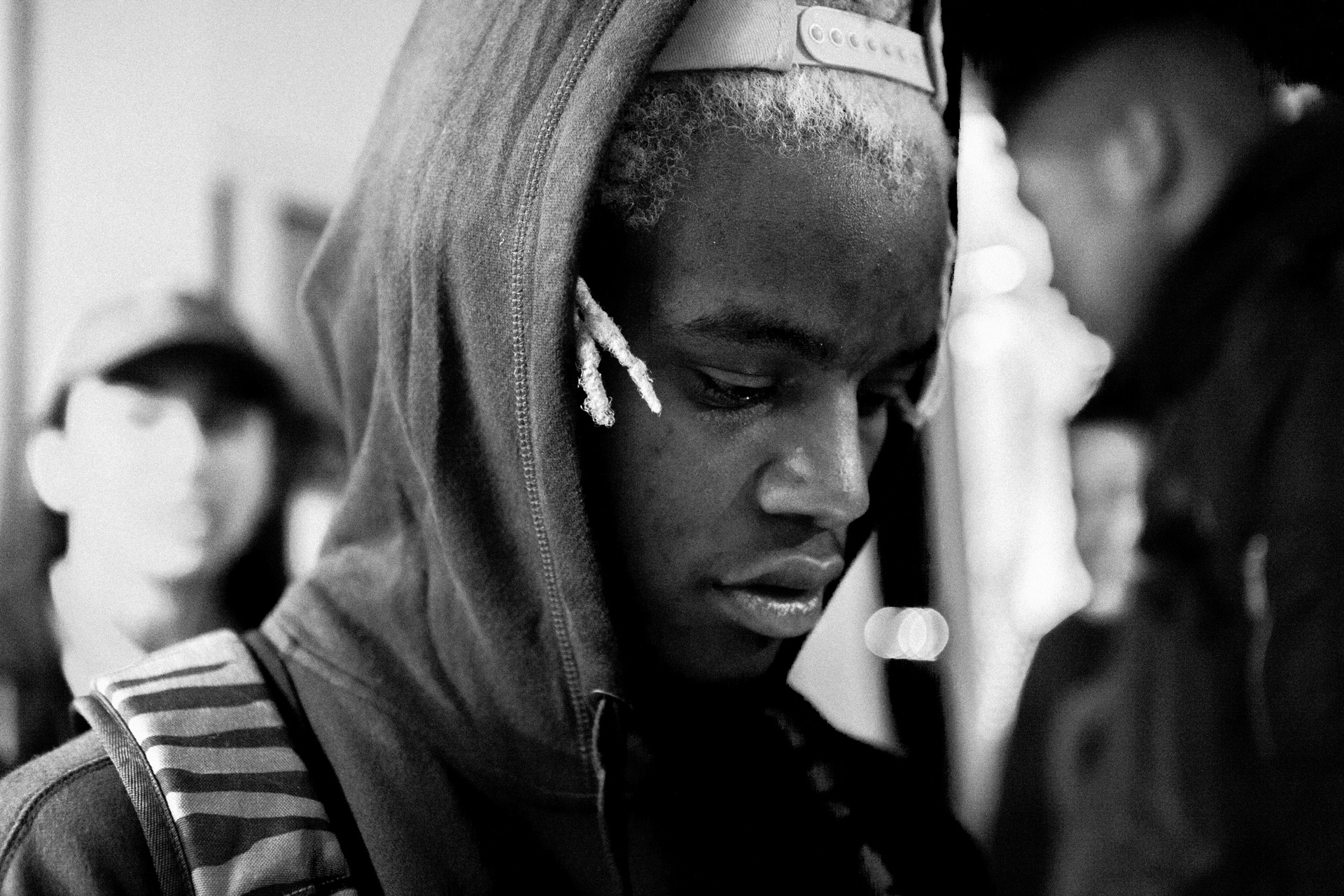
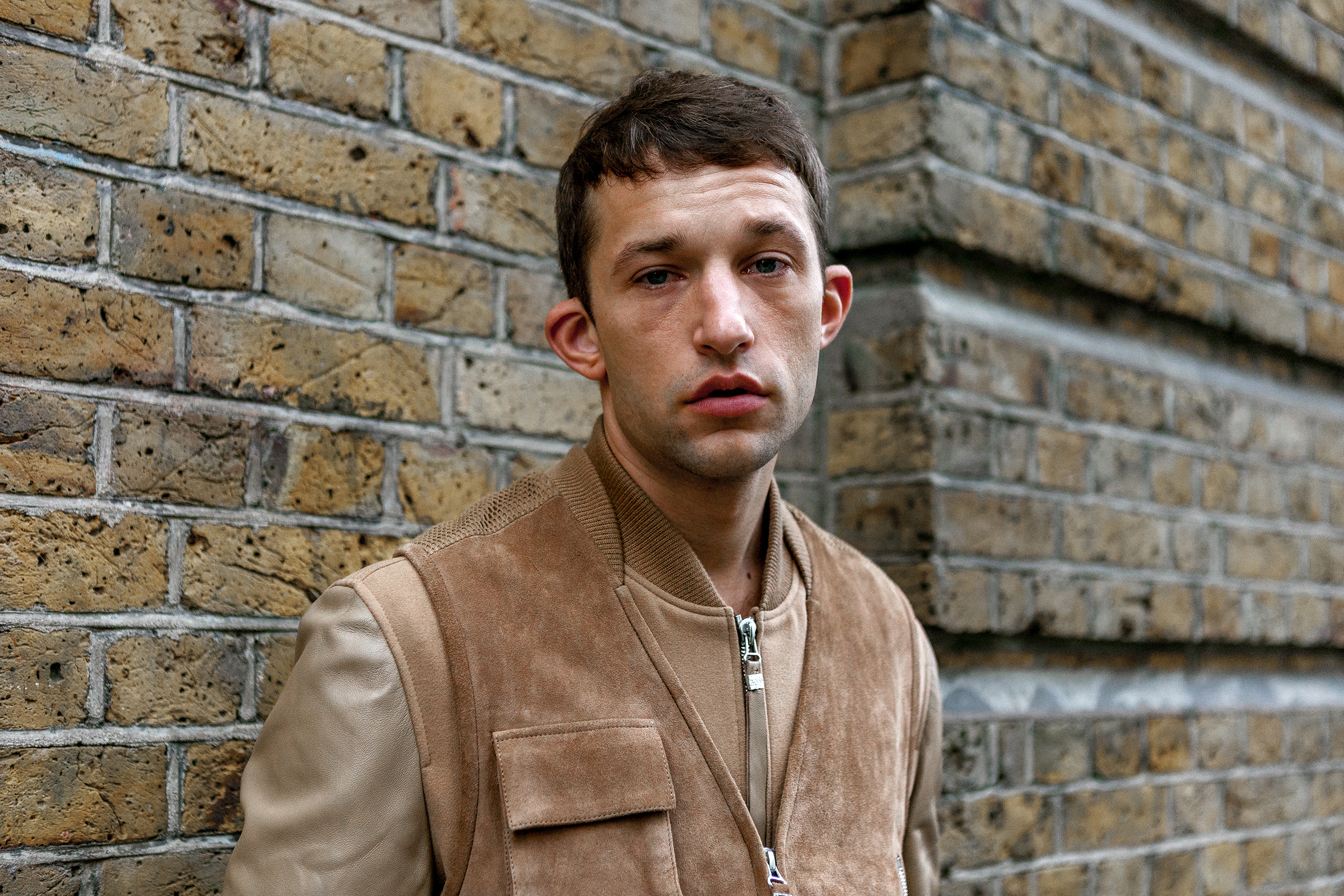
Joseph is using Fabrik’s Airdura theme, an immersive and slick theme that couples gorgeous typography with full-width imagery and unique block styles, offering over 20 layouts to suit your needs and portfolio expectations.
